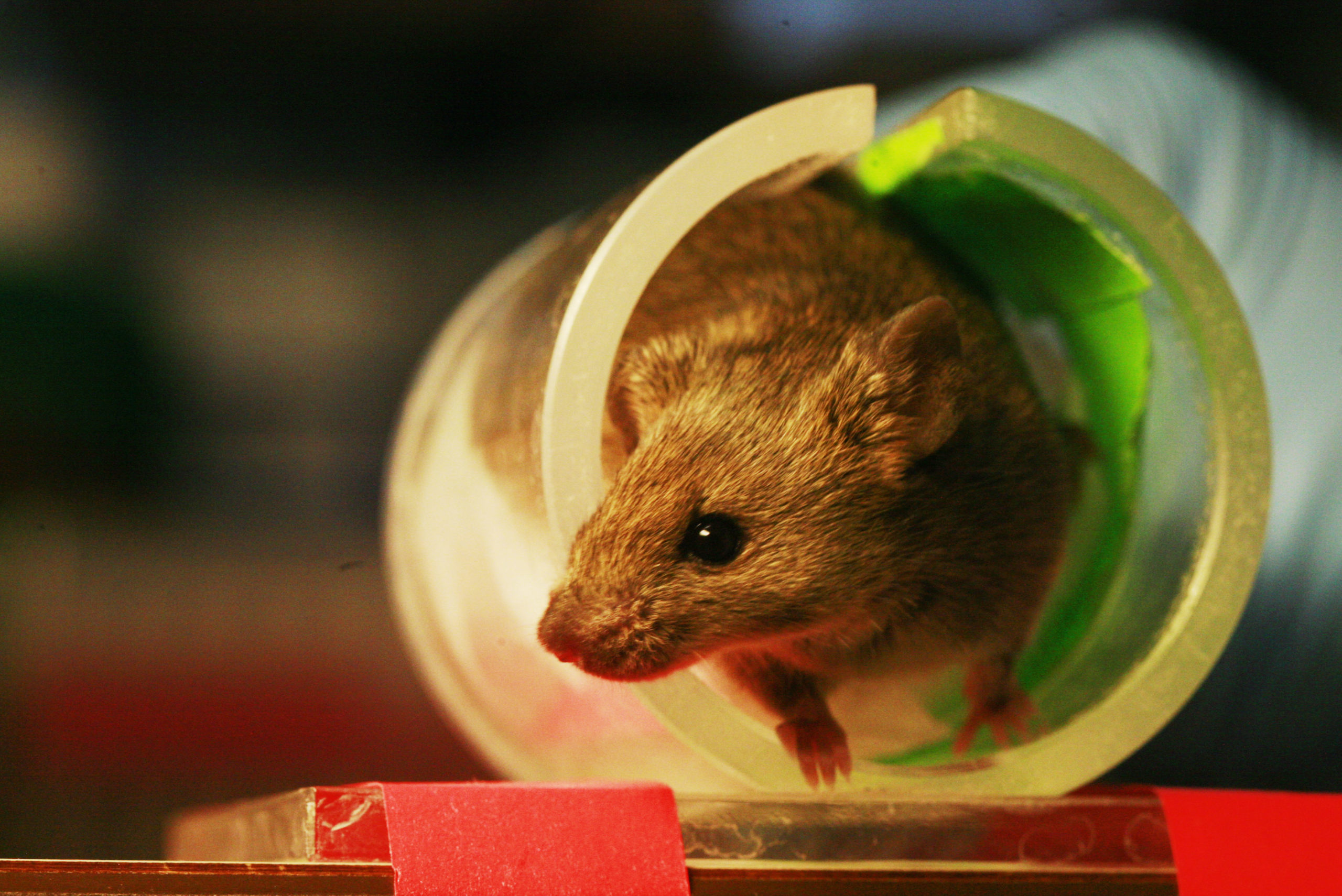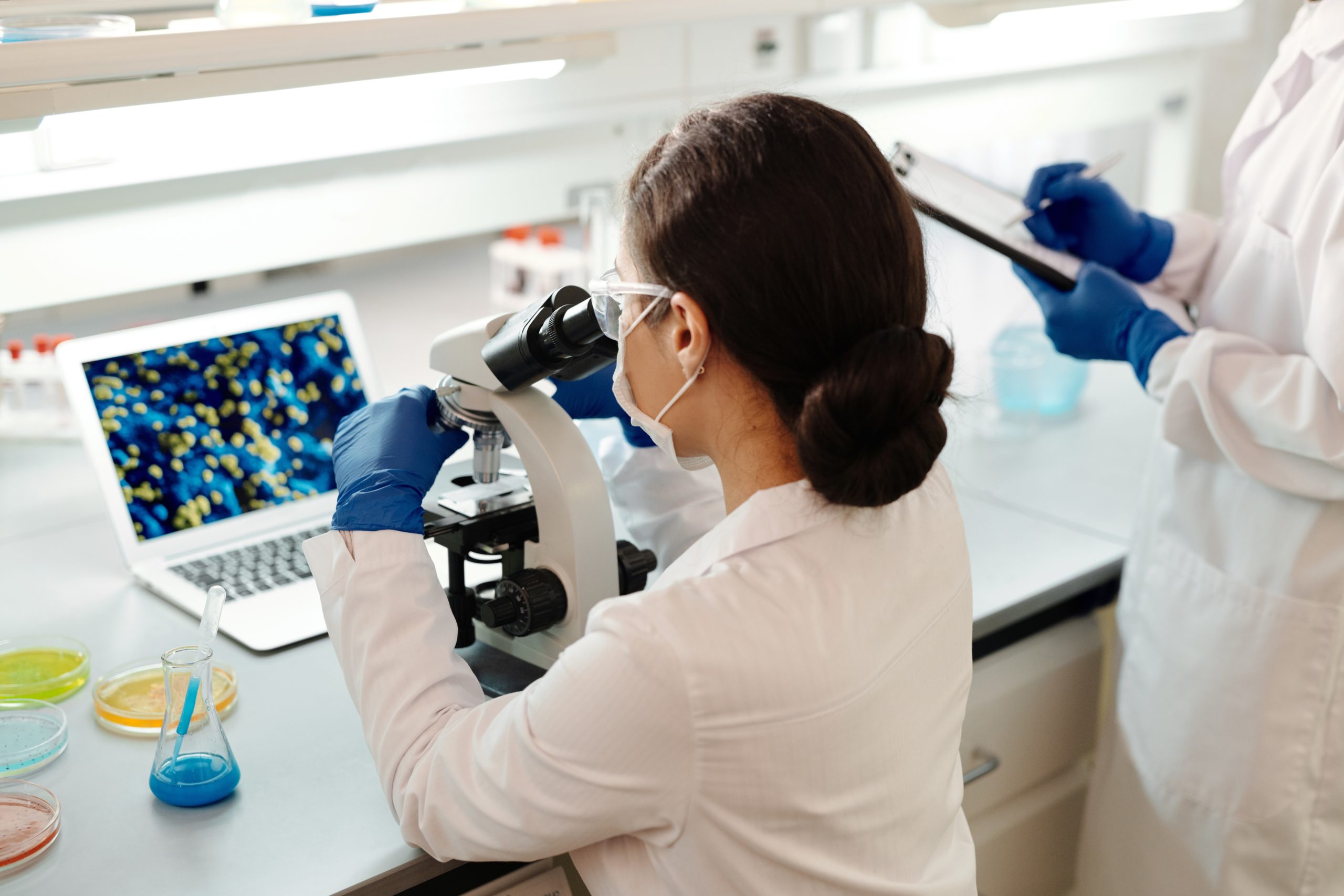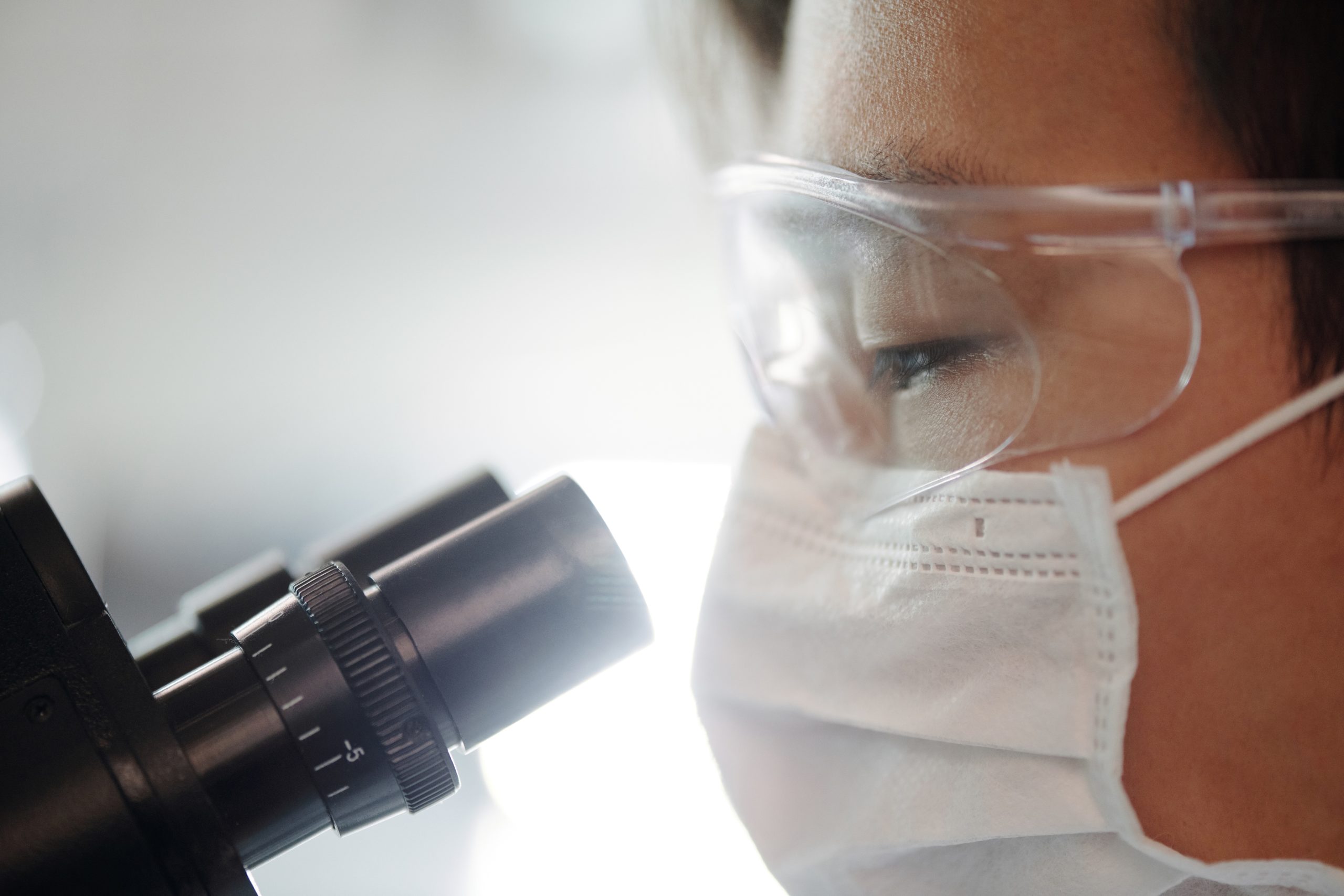
Our bodies go through several changes as we age. Changes in organs, tissues, and cells occur. Muscles shrink and brains slow down. But a new study offers us hope on how we can enhance, if not reverse aging. And it all starts with the guts.
A new study published in the journal Nature Aging suggests a link between gut health and the cognitive function.
The experiment involved transferring gut microbiota transplants from younger mice to older mice, and observing the effects on the older mice. The scientists inferred that the mice displayed improved brain function and behavior. This offers powerful insight on how what we eat and what resides in our stomachs affect how our brains will perform as we age.

They chose two kinds of age groups for the mice: the young mice were three or four months old (akin lifecycle-wise to an 18-year-old human), and the old mice were 19 or 20-months old (akin to a 70-year old human).
They collected fecal samples from the young mice and transplanted these into the older mice’s intestines. A slush of feces were fed to the old mice using a feeding tube twice a week for 8 weeks.
As a result, this cultivated a similar gut microbiome in the old mice test subjects.

The old mice with new guts performed better than the old mice that did not undergo transplantation, and as good as the young mice.
Further, the scientists decapitated the heads of the mice, and opened their brains to poke around the hippocampus, a region of the brain primarily associated with memory, to see how the brains changed after the experiment.
He added, “It was really great to see that full change in their microbiomes can really excel such effects on cognitive behavior, like almost resembling the learning performance of young mice.”
But as much as the experiment was mind-blowing, the authors caution us that this does not mean humans can undergo fecal transplants. Far from that.
“I’m not recommending that we (humans) should go into poop transplants.”– John Cryan
One of the paper’s authors John Cryan expounded, “What we do have evidence then is that targeting the microbes which is in particularly, or with specific microbes that we can identify with strains exactly are missing.”
Meaning, the research, when extended further, can identify specific strains that benefit older gut microbiomes. This, according to the researchers, might lead to an important therapeutic intervention for age reversal, or healthy aging.
They also suggested the research can help lengthen the lives and improve the cognitive functions of our pets.
Tags
References:



0 Comments